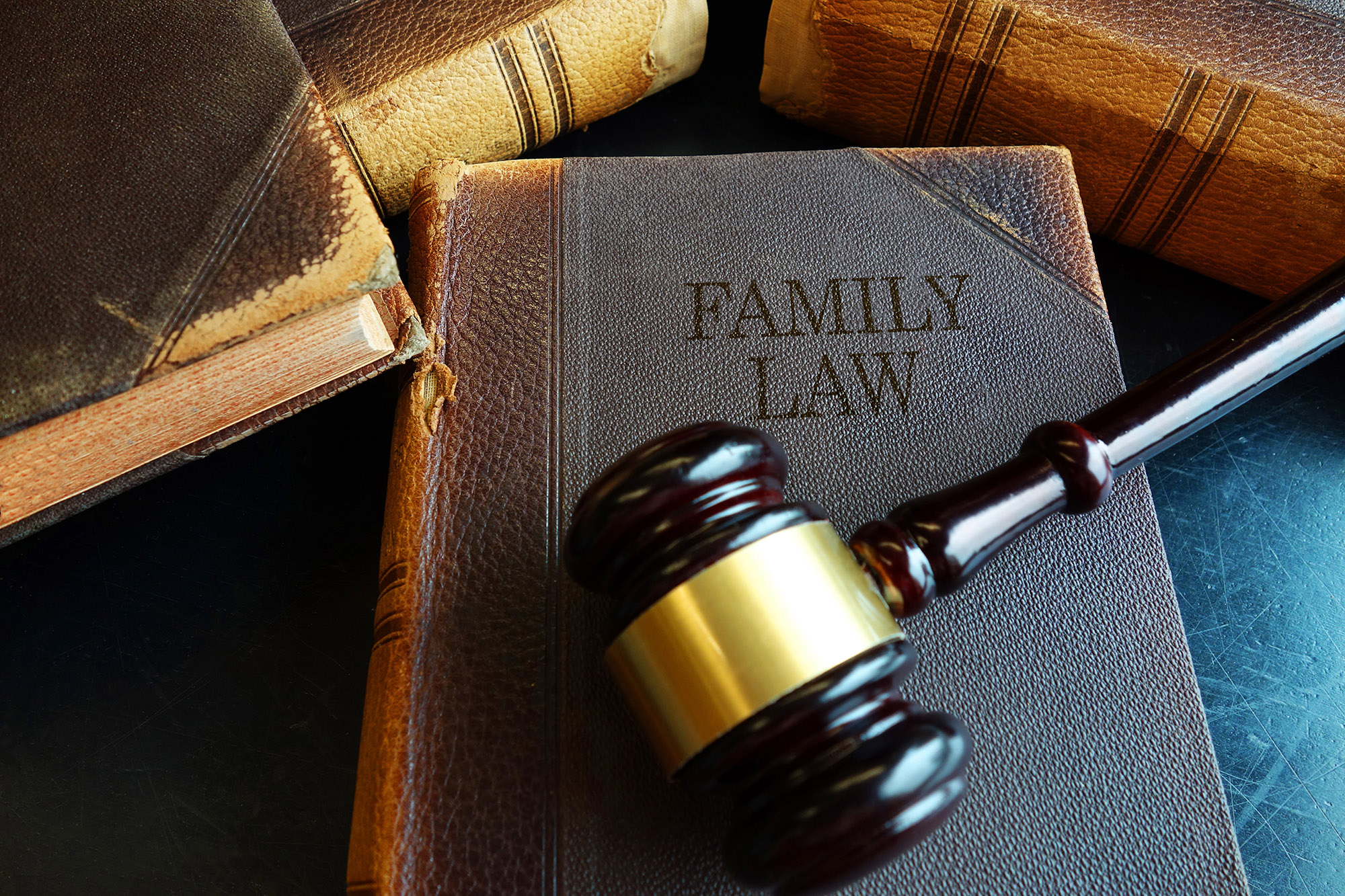Filing for divorce in Canada can be a difficult and time-consuming process, and typically when emotions are at their most intense. These powerful emotions can cause you to make mistakes in filing your application for divorce, resulting in significantly increased costs, delays, and real prejudice to your case.
No matter the reason, filing for legal separation or divorce is not easy mentally, emotionally, or even physically. Regardless, it is still a legal process and there are some things that you must know when filing for divorce in Canada; otherwise, you may risk being rejected by the court or complicating the situation further.
You Must be Legally Separated For One Year
Before a divorce can be granted, you must be living separate and apart from your spouse for a period of one year or more, unless you fall into one of the exceptions under the Divorce Act. A common mistake is to interpret this requirement as meaning that you cannot file an application until the end of that one-year period – you can file for divorce at any time after marriage, but the divorce order will not be granted until the end of that one-year period.

Parties who can prove, on a balance of probabilities, that they were subjected to spousal abuse or cruelty or adultery can technically be divorced before the end of this one-year period. These ‘grounds’ for divorce have special evidentiary and disclosure requirements that can significantly increase delays in costs. In reality, divorces citing cruelty or adultery take significantly longer than divorces alleging a one-year separation, because a ‘one-year separation’ divorce does not usually require a hearing or evidence beyond an affidavit.
In many circumstances, even spouses who reside together under one roof can be deemed ‘separated’ for the purposes of qualifying for this provision under the Divorce Act. The one-year ‘waiting period’ is almost never a real impediment for a divorce.
Following the amendments to the Divorce Act in in 1985, assigning blame for the breakdown of the marriage is irrelevant to determining relief. Instead, the Court turns to the legal tests surrounding different claims for corollary relief (i.e. – Spousal Support, Child Support, Division of Matrimonial Property, Possession of the Matrimonial Home, etc.) in order to determine the outcomes of these claims.
Criteria to Meet
Under the Divorce Act, A party filing for divorce in Canada must meet one of the following criteria:
- NYou and your spouse were legally married in Canada or your marriage is recognized by the Government of Canada if you married outside of the country.
- NAt least one spouse in the marriage has lived for at least one full year in the province in which you intend to get divorced.
- NYour marriage has broken down.
Unlike with the ‘one year separation’ requirement following marriage breakdown, a Court does not have jurisdiction to hear your divorce claim if you have not resided in the province for at least one year. This means that, if you don’t meet this requirement, you can’t file for divorce at all.
It is important to recognize that, even if you don’t have jurisdiction yet to file for divorce under the Divorce Act, you may be able to file for corollary relief such as property division, spousal support, child support, unjust enrichment, or a parenting order under the Family Law Act, Children’s Law Reform Act, or the common law.
You Must Fill Out the Proper Forms
When filing for divorce, you must make sure you fill out the proper forms. In Ontario, this is either an Application for Divorce (Form 8A), which is used when filing for divorce only, or an Application (General) (Form 8), which is used when filing for divorce and other relief (
The spouse who files the Application is the applicant, while the spouse responding to the Application is the respondent.

Once your forms are completed, you can file them at the Superior Court of Justice or Superior Court of Justice (Family Branch) in your jurisdiction.such as child support or a parenting order).
Other materials must be filed with the divorce application. These will vary depending on the relief requested but will always include proof of marriage and a Registration of Divorce Proceedings form. There is also a court filing fee which can be waived in some circumstances.
However, we are only at the start of the divorce process.
The registrar sends a copy of your Registration of Divorce Proceedings form to Ottawa to check it against the central registry and ensure that another divorce application has not been filed before yours. Once this is confirmed, the next step will depend on what kind of application you filed.
A general application will proceed along the litigation track applicable in your province, all the way to trial if necessary. An application for a simple divorce is usually completed after additional affidavit evidence is filed to prove that you qualify for a divorce.
Your Partner Must be Notified Within Six Months of Your Divorce Application
Once you file your application, you need to ‘serve’ the other party with a copy of your filed application and supporting materials. This usually requires another party (not you) hand-delivering a copy of the documents to the respondent. The person serving the document the swears an affidavit under oath to prove service.
Once the respondent is served, they have 30 days to respond to the application before you can move to the next step in the proceedings.
After being served, the respondent has 30 days to determine their response, or 60 days if they are not in Canada or the United States. They have the option to respond to the application, or they can continue with the proceedings. If the respondent does not answer within the 30-day period, the court will assume they are not going to contest the divorce and will continue the process.
There Are Alternatives to Litigation
Even when you and your spouse cannot agree how to complete your divorce, you do not need to litigate to conclude your matter. In fact, very few cases ever go to trial. Many families have resolved their separations through an out-of-court process such as arbitration or mediation.
Arbitration is a process where a third-party arbitrator determines your case on behalf of the Parties, like a private judge. An arbitration is binding on the Parties, and often serves as a quicker, confidential alternative to traditional litigation.

Mediation is a process where the Parties hire a neutral third party to help them negotiate a resolution to their issues without fighting before a judge or arbitrator. Mediation has helped many families reduce conflict and reach a resolution crafted by the Parties to meet their own family’s unique needs.
Regardless of the route you choose to take, working with a divorce lawyer will help you navigate the process of filing separation papers, filing for a divorce, settling in or outside of court, or even just to determine what the best course of action will be for your individual situation.
Filing For Divorce in Canada is Easier With an Experienced Divorce Lawyer on Your Side
Whether you are filing for divorce in Canada or planning on filing separation papers, work with an experienced family and divorce lawyer to assist you through the process. Going through a divorce is difficult no matter what and following all of the legal requirements can be stressful and overwhelming while you are trying to navigate through this significant change in your life.
Contact us to book a consultation or give us a call at 905-230-9111 to learn more about your rights and options, and how to get started on your divorce.
